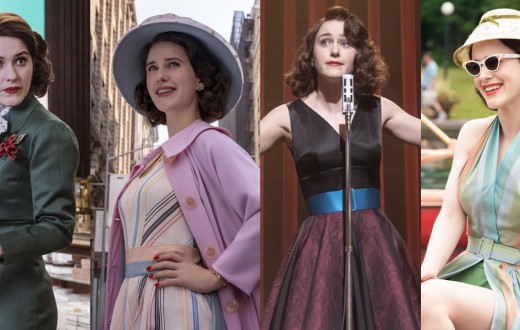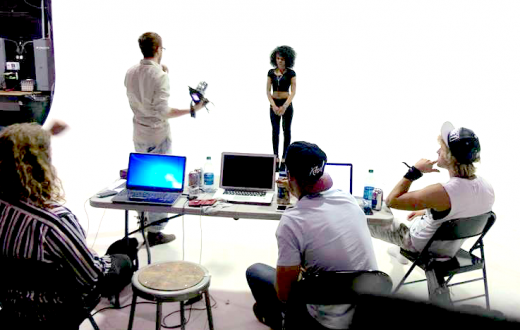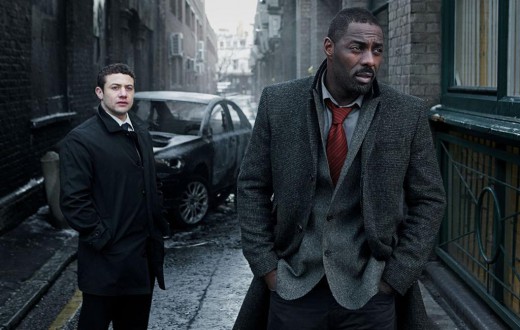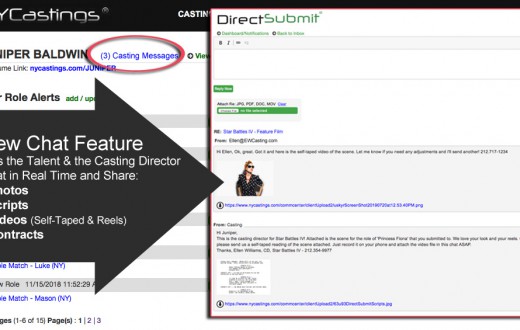Let’s face it, the monologue audition is a stressful, nerve-wracking thing. There’s no shame in admitting this; the vast majority of actors would probably agree that it is the worst part of the business, somewhere between getting a root canal and the rush hour commute. You get a few short seconds to demonstrate not only who you are as a person, but also how you approach assimilating and inhabiting a character, all in the service of hopefully landing yourself a job so you can pay rent and eat food–talk about stress!
But you know what? Acting in general is stressful, gang. It’s fun, yes, but part of that fun is in the nerves and the adrenaline battling it out within us as we ride that fine line between ignominy and glory.
But maybe we’re looking at this all wrong. As director Alexander Payne said, “Auditioning is a chance to act that day.” And you wouldn’t be here if you didn’t enjoy acting, right? So here are a few tips to help you take your monologue Audition to the next level.
1. Be confident
Easier said than done, right? But as the old adage has it, the first acting you have to do on audition day is to act confident, even if you aren’t really feeling it. And here’s a secret: acting like you’re confident can and often does inspire actual confidence. Think about it: how do people react when you force yourself to walk into the room smiling, saying a hearty hello, joking back and forth–briefly–with the casting team? Generally, they in turn smile and relax and enjoy being around you while you’re there. There’s nothing worse than seeing a cringing, terrified actor scuttle in looking like a beaten puppy. Even if you feel that terrified inside–and let’s hope at this point in your career you know how to do the advance work in order to at least feel confident with the performance you’ve prepared–you must also find a way to act confident. Another way to think of entering the audition room: it’s not THEIR job to put you at ease; it’s YOUR job to put them at ease.
So they can fully enjoy your stunning, Oscar-worthy monologue, of course.
2. Character research 2.0
At this point we’re assuming you are fully versed in the importance of researching the character you’re reading for, as well as understanding the scene and how it fits into the context of the full piece, so we won’t belabor that point. However it must be said that most actors skimp on this. Just as you need to delve deeper to get to the truth of an actual person, so too you must delve to know your characters. Not only what they say they want, but what they really want. You need to look at how the other characters deal with your character, and thus learn how they really feel about him or her, not just what they say they feel. There is no tension without pretension, as they say, and what is hidden underneath is often what drives not only a character but the entire play or film. Find out what it is and how it relates to your character.
3. Acting not emoting
This is a basic one but still something many people forget when it’s time to step in front of that audition table. We all learned at some point that acting relates to ACTion, that going after your objective as a character is something you DO, not something you attempt to FEEL. Yet, far too many actors come to the monologue audition spewing over-the-top emotion that just isn’t true to the character they’re trying to play, nor to the scene from which the monologue is taken, thinking that they must hit some emotional high bar in order to secure a role. But it doesn’t matter how emotional you get if it rings false. Your goal isn’t to get to a certain place emotionally, it is to go after an objective through a set of actions. Is your character in the monologue trying to seduce a girl? Convince his father he’s changed? Justify his lies to a friend? Just as with any scene, in order to play a monologue honestly and well you must take a specific course of action towards a specific objective.
4. Less is often more
Remember Anthony Hopkins in “Silence of the Lambs?” How could anyone forget, of course. He is only on screen for 24 minutes and 52 seconds of the film, yet he won an Oscar for Best Actor, in a role in which he rarely was seen outside of a cell. He stood very still and composed, yet he conveyed menace, seduced, cajoled, teased and bullied Agent Starling masterfully. The point is, stillness can be more powerful than flailing about. Hopkins was at his most frightening when he was speaking very calmly and quietly–can you use this model to rethink how to approach your monologue? Even as you are going after your objective, try to imagine the emotions your actions generate causing you to react in an unorthodox way. Think opposites, think tension once again: imagine the tension between the emotions your character is experiencing and his or her outward expression of them, and you may well be pleasantly surprised at where it leads you.
5. Empathize
No matter how awful your character is as a human being, no matter what he or she has done, he or she believes or at least believed at some point that they were doing the right thing. We are all flawed as human beings, and thus the characters we create are flawed too. Our job as actors isn’t to judge the people we portray, it is to honestly portray them, warts and all. This sometimes means playing unsavory characters, or at least characters who have done bad things, but doing so sympathetically. Find a way to forgive your character. Find a way to love them despite what they’ve done or failed to do. You will find your portrayal of them going to places you couldn’t have imagined before.
And bonus tip: find a way to have some fun! As Bob Odenkirk of “Better Call Saul,” “Breaking Bad” and “Mr. Show” fame said in a recent interview: “A lot of times I find myself now just enjoying the monologue Audition. I did an audition a few weeks ago that just got no response, and I didn’t care. I loved the part so much, I loved the scene so much, I know I played it well for me, and I just had a great time playing the part.”
Indeed, auditioning is just a chance to act that day, something for which we should all be grateful.







